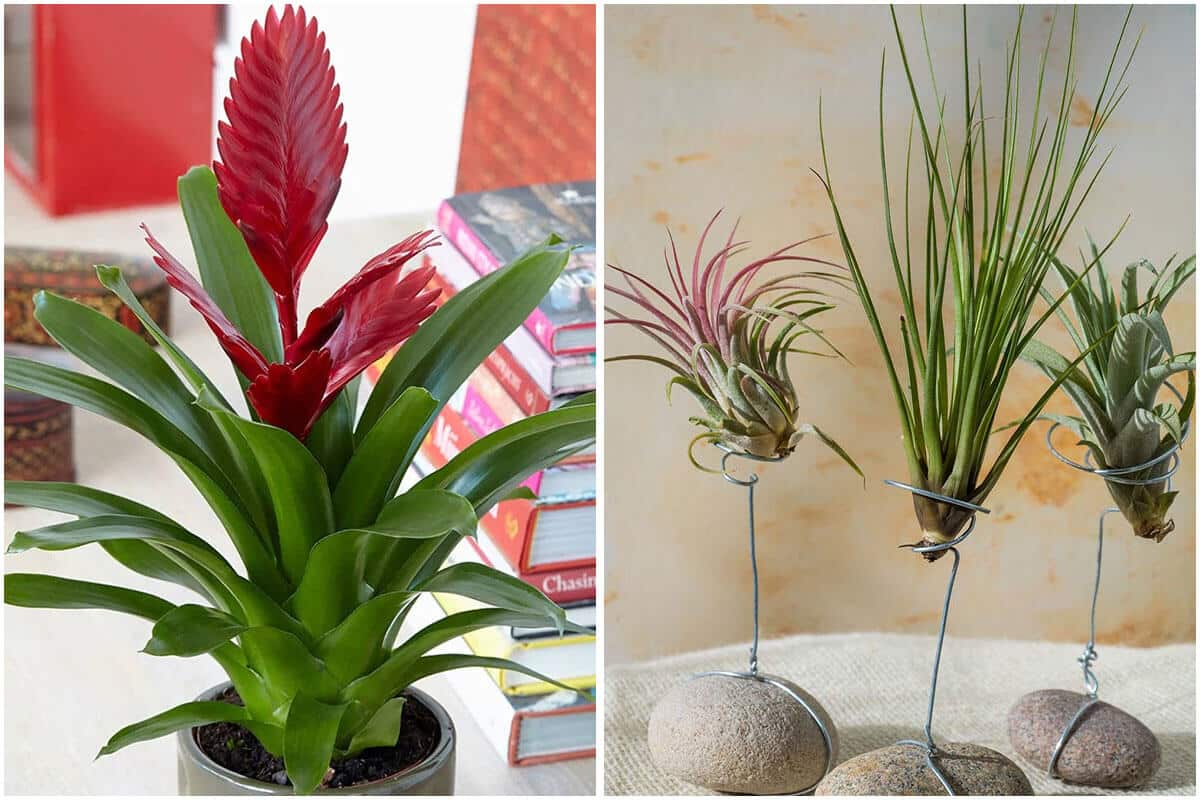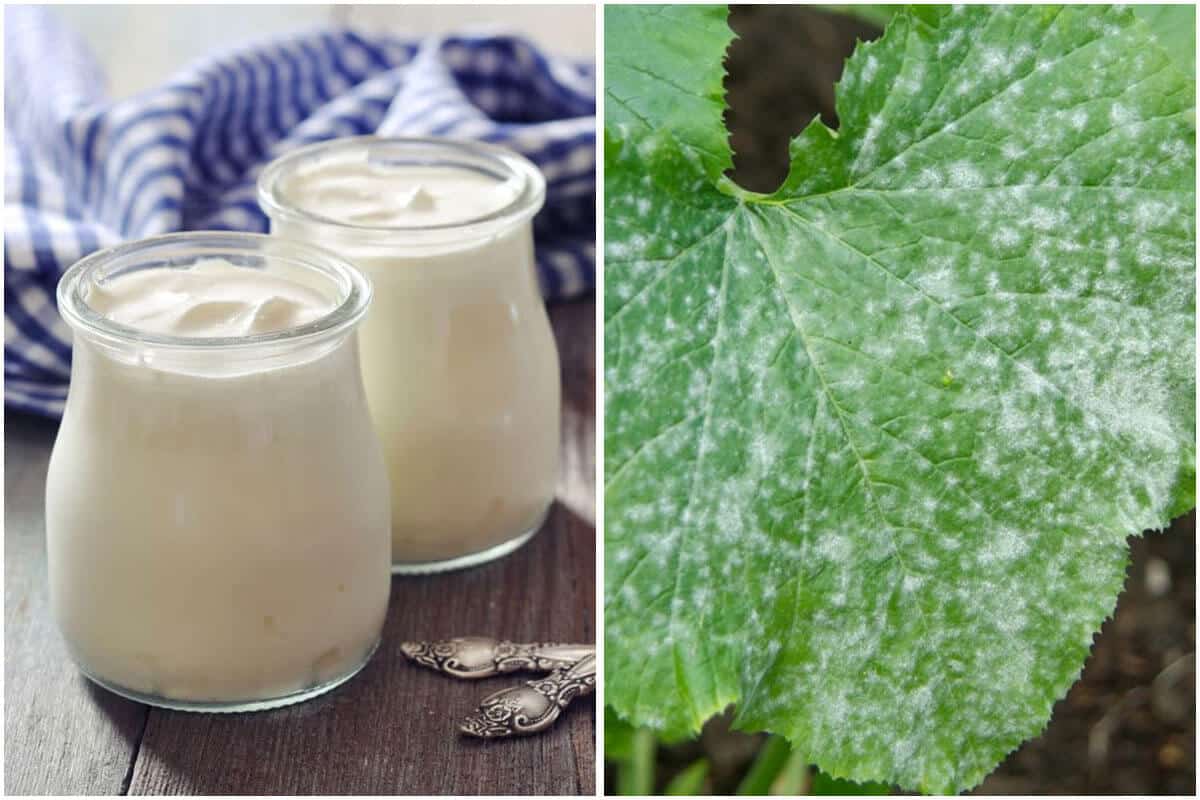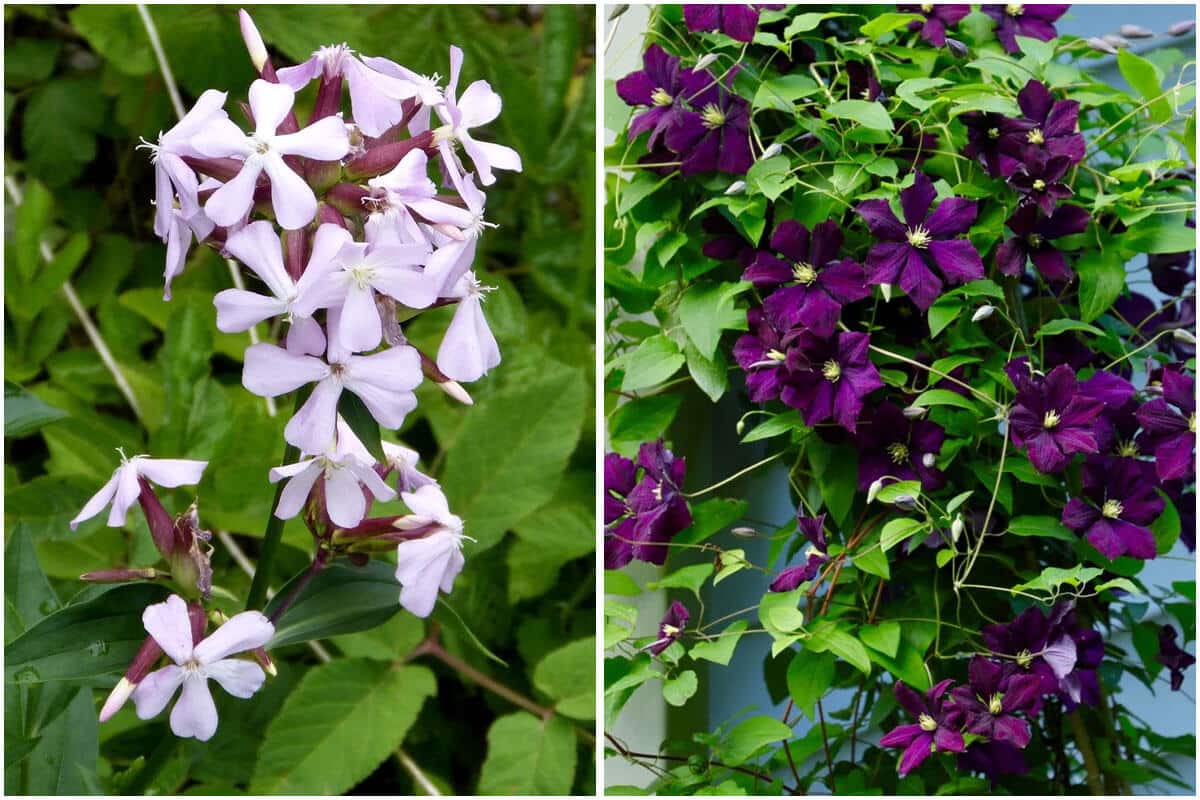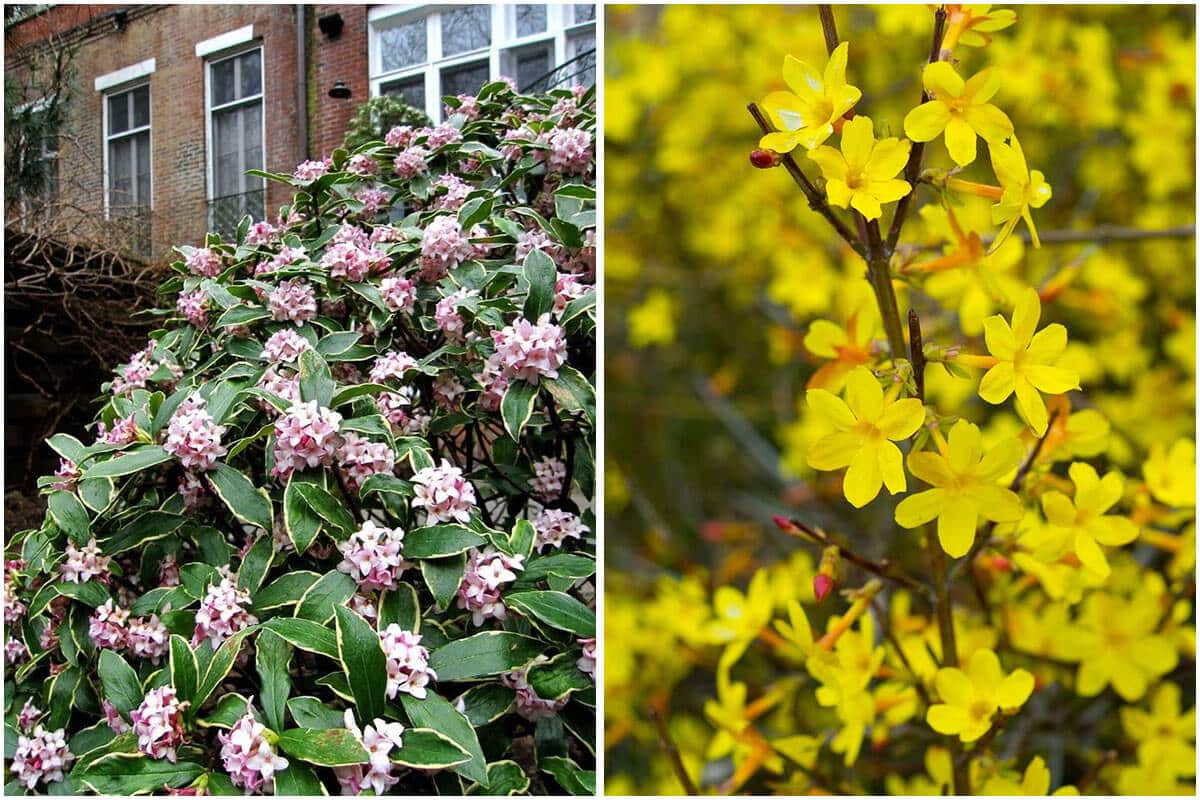Not all insects are harmful. In contrast, there are some species called beneficial insects, they can help eliminate and control pests in your garden. And as you know, pesticides don’t discriminate and end up destroying all, whether it is good or bad. If you use this method too much, it will harm your garden as well as your health. However, you also have other ways better, let think about beneficial bugs and apply them right now.
So, we are want to share Beneficial Bugs For Your Garden That You Should Know in the post today. Despite this, these insects have an ugly appearance but they have surprised power. They can kill harmful insects and protect your favorite plants without the need for chemicals, they are environmentally friendly as well. And if you are finding ways to repel harmful insects, these are good ways to try. And now let check them out!
#1 Aphid Midges
The Aphid midge loves to snack on over 60 different types of aphids. If you have an aphid problem, the midges are probably already on their way. The larvae are what eat aphids, and they eat a lot!
#2 Braconid Wasps
If your tomatoes have problem with Hornworm, Braconid Wasp is nature’s brutal answer to the giant, lumbering Hornworm. The female wasp lays her eggs inside the Hornworm caterpillar. The larvae eventually emerge from the caterpillar to feed. Then they spin tiny white cocoons on the body of the caterpillar where they will pupate into an adult wasp all while killing the host Hornworm.
#3 Damsel Bugs
Preys of Damsel bugs are common garden pests such as insect eggs, aphids, mites, and even small caterpillars. Damsel bugs will also eat other predatorial insects such as the minute pirate bug or assassin bugs. Instead of buying Damsel bugs outside, you can encourage them to hang out in your garden. Discontinue the use of pesticides and provide a diverse variety of plants to entice them to hang around.
#4 Ground Beetles
As larvae, they live beneath the soil, eating many common underground garden pests. Above ground, these beetles eat nearly all other bugs – caterpillars, slugs, maggots, and other insect pests. Some ground beetles even eat the seeds of certain weeds, such as thistle, foxtail, and ragweed.
#5 Hoverflies
Hoverflies eat aphids, small caterpillars and thrips. As adults, hoverflies become minor pollinators making them a welcome addition to any garden.
#6 Lacewings
The Green Lacewing is a generalist predator, their favorite foods are aphids, they’ll eat just about any soft-bodied insect, including mealybugs, leafhoppers, and even small caterpillars. As adults, lacewings become beneficial pollinators feeding on aphid honeydew and the nectar and pollen of plants.
#7 Lady Beetles
Ladybugs eat aphids, mites, insect eggs, and scale insects too.
#8 Mealybug Destroyer
As larvae, the mealybug destroyer is a wolf in sheep’s clothing. They look a bit like mealybug larvae due to a white curly covering on their bodies. However, you can quickly tell them apart from actual mealybugs by their larger size. And to further aid in the destruction of a mealybug infestation, mealybug destroyer females will lay their eggs right in the middle of their prey’s egg sacks.
#9 Minute Pirate Bugs
While these generalist predators are happiest chowing down on thrips, mites, insect eggs, leafhoppers, corn borers, and other soft-bodied insects, they’ve been known to bite humans too. Typically, they aren’t aggressive and will leave you alone if you leave them alone.
#10 Spiders
Spiders are one of the best beneficial insects you can have in your garden. Spiders attack and eat nearly all of the pests that we’re trying so hard to keep out of gardens. Spiders don’t discriminate and will eat all bugs, including the beneficial ones.
#11 Spined Soldier Bugs
They will eat just about any insect pest you can think of and will turn cannibalistic if their prey runs out. They love chowing down on beetle and moth larvae. Once released, they spread far and fast, eating the pests that get in their way.
#12 Tachinid Flies
Tachinid flies are parasitoid, and their hosts are often pests we’re trying to get rid of. Potato beetles, squash bugs, cabbage looper caterpillars, sawfly larvae, grasshoppers, Hornworm caterpillars, and even Japanese beetles make up the list of hosts. Their act of reproduction is what kills off the pest-host. Female tachinid flies either lay their eggs outside the body of the host, leaving the maggots to burrow into.

















